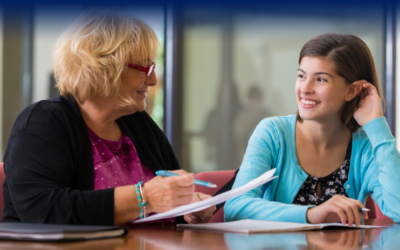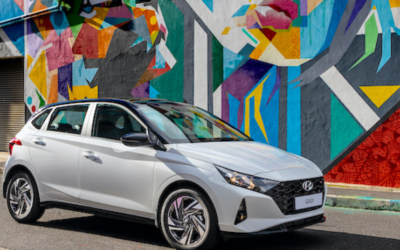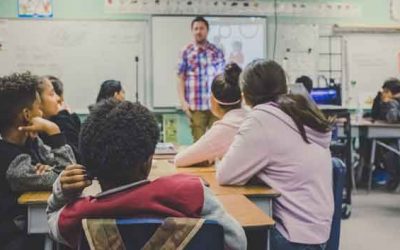Home > Emotional Intelligence in Education > Case Studies > Silicon Valley Elementary
Boosting Academic Learning with Social Emotional Learning
Integration of the Self-Science social emotional learning curriculum with third grade students increased academic competencies by 25% compared to control group, as well as increases of over 20% in critical thinking, collaboration and motivation.
Overview
Situation: In response to a cluster of teen suicides in an affluent school district, one teacher-researcher sought to find a curriculum that would help both students’ mental health and academic competencies.
Solution: The teacher chose the Self-Science Curriculum, the social emotional learning curriculum that inspired Daniel Goleman’s 1995 bestseller, Emotional Intelligence. She implemented the curriculum over the course of an academic year with her third grade students – then measured the changes compared to a control group.
Results: Students receiving the Self-Science Curriculum increased an average of 25.7% more on the academic competencies than the comparison group, and also saw increases in critical thinking, problem solving, collaboration and more.
“I think it helps us in school because we usually have fights and stuff and it helps us to not get into fights. Most of the fights happen outside but when you come into the classroom you’re still fuming about it, like ‘I’m never going to talk to her again’ or something like that. And then you aren’t actually listening to the teacher. But with self-science you aren’t getting into fights as often so you can listen more.”
-student
Situation
Following a cluster of teen suicides in an affluent suburb in Silicon Valley, California, community members began to question the academic pressures felt by students as young as elementary school in this consistently high-performing school district. This teacher wanted to find a social emotional learning curriculum that supported students’ mental and emotional wellbeing as well as academic achievement.
Solution
Self-Science is one of the first SEL curricula ever published; it focuses on teaching students how to make decisions, communicate and collaborate, and problem solve creatively while fostering emotional intelligence. Self-Science lessons are experiential, student-centered, and designed to empower students with the social emotional skills to make better decisions. She implemented the curriculum over the course of an academic year with her 3rd grade classroom.
Results
The teacher-researcher developed a questionnaire to compare her classroom to a control classroom at the same school
MOTIVATION
28.7% increase in motivation & goal setting over comparison group,
%
CRITICAL THINKING
25.2% increase in critical thinking and problem solving,
%
COLLABORATION
25.3% increase in collaboration and leadership skills
%
Products & Services Delivered
SEL Curriculum
Self-Science – one of the world’s first social emotional learning (SEL) programs (recommended in Daniel Goleman’s 1995 book as one of the pioneers in EQ education), Self-Science is a developmental, experiential process for building social emotional skills. Read more about Self-Science.
Develop EQ Experts
To build capacity to develop and implement their programs, members of the team completed certification training from Six Seconds to build expertise on EQ tools and methods. Read more about Six Seconds SEL Specialist Certification.
SEL Youth Assessment
SEI-YV – Six Seconds Emotional Intelligence-Youth Version is a normed, validated online assessment of emotional intelligence, and is on CASEL and RAND lists of recommended tools. SEI-YV links EQ to five key outcomes for life success: achievement, health, efficacy, relationships, satisfaction:
Learn More About This Case
See More Cases
Developing Women Leaders for Greater Equity in East Africa
This study demonstrated a correlation between emotional intelligence and high performance for female CEOs and Board Members in Kenya.
Developing School Counselors’ Emotional Intelligence
Program participants’ overall emotional intelligence increased 22.7%, compared to less than 1% for the control group.
Increasing Innovation with Emotional Intelligence at Hyundai
The Hyundai manufacturing plant in Turkey uses emotional intelligence training to increase its front-line leaders’ creativity and innovation.
Applying Emotional Intelligence to Support a Struggling Adolescent
An adolescent struggling with self-destructive behavior, and his family, find hope through a treatment program that combined emotional intelligence assessments and an intensive therapeutic wilderness program.
Measuring Students’ Growing Self-Awareness
A high school in Kentucky, USA uses the SEI-YV to create an evidence-based approach to SEL at a high school in Kentucky, USA.
Putting the Care Back in Healthcare Training
In a multiyear study, Liberty University measures key capacities for thriving in medical school.






